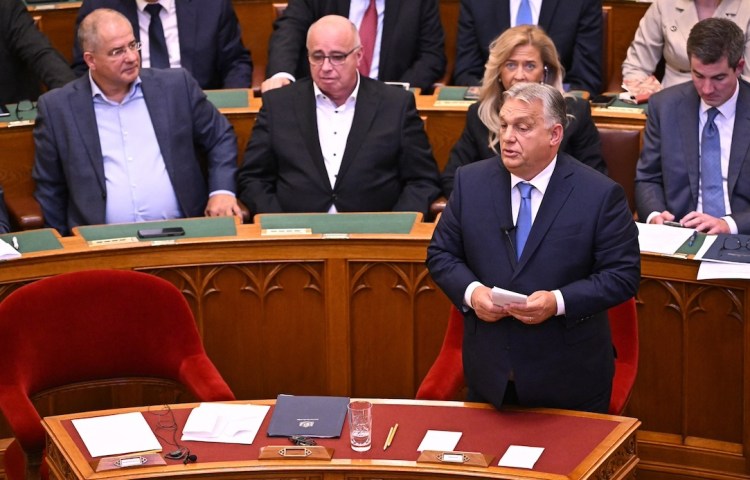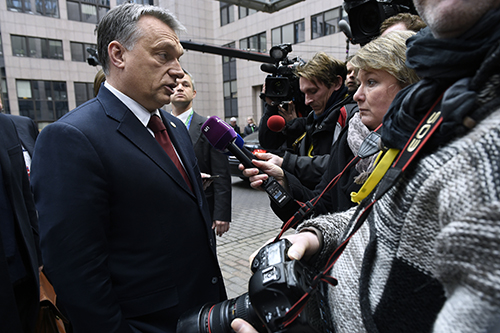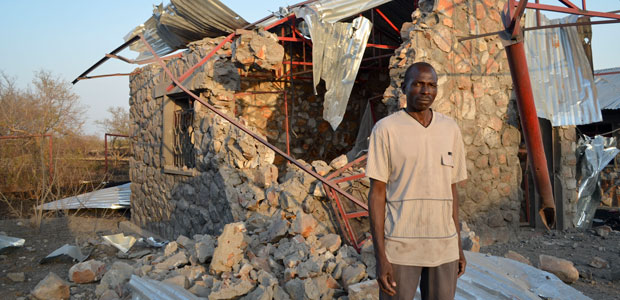
Hungary’s Russian-style national sovereignty bill threatens independent media
Berlin, December 15, 2023—Hungary’s president should decline to approve a law creating a Sovereignty Protection Authority, which local media outlets have warned could be used to stifle independent journalism supported by overseas donors, the Committee to Protect Journalists said Friday. On Tuesday, December 12, Hungary’s parliament passed a bill to establish a government authority with…

Editor Tamás Bodoky on threats to Hungary’s independent media funding
“Átlátszó” means “transparent” in Hungarian. Since launching an independent nonprofit media outlet under that name, editor-in-chief Tamás Bodoky and his colleagues have worked hard to live up to it, publishing detailed funding reports on their website, he told CPJ in a recent interview. But that hasn’t stopped pro-government institutions from accusing Átlátszó of serving foreign…

UN review of Hungary shows country ‘treats human rights as a public enemy’
On May 9, a stern review of Hungary’s conduct in human rights issues and press freedom was released at the United Nations Human Rights Council. The report, drafted by the Working Group on the Universal Periodic Review, listed concerns from U.N. member states about the controversial policies of Viktor Orbán’s government on asylum seekers and…

Journalists overcome obstacles through crowdfunding and determination
During South Africa’s Boer War, at the turn of the 20th century, a determined news organization relocated reporters, copy editors, and printing presses to the front line to ensure accurate reporting. In the Warsaw Ghetto, during World War II, a literal underground press, established to counter Nazi propaganda, required the nightly movement of cumbersome printing…

In Hungary, an independent website defies censorship and pressure
A delegation from the Committee to Protect Journalists, led by board member Kati Marton, traveled to Hungary in October on CPJ’s first fact-finding and advocacy mission to an EU member state. We went there in response to concerning reports of deteriorating conditions for the press, and met dozens of journalists, media lawyers, managers, rights defenders,…
Amid government crackdown, Hungary’s journalists look for new ways to work
“They raided our offices as if we were mobsters. The irony of the situation is that the Hungarian police rarely raid mobsters with such force,” said an employee at one of two NGOs whose Budapest offices were stormed by about 20 officers of the Central Investigations Office–Hungary’s version of the FBI–on September 8.